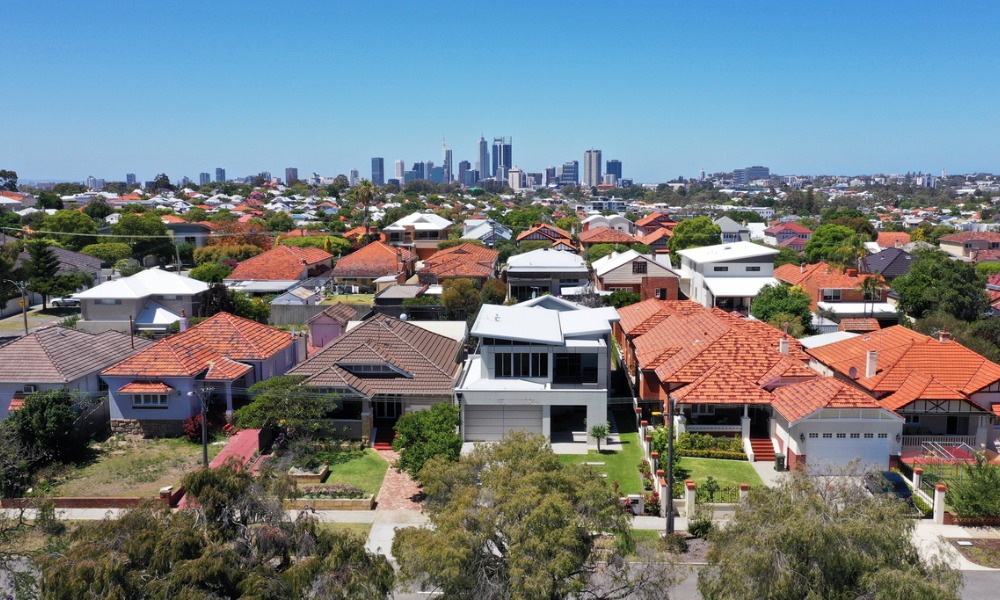Peak body slams Queensland government for dragging feet on social housing, lack of investor support

The Real Estate Institute of Queensland has raised concerns about the building approval data released last week, stating that it represents only a fraction of the challenges facing the Queensland housing market one year after the Housing Summit.
According to REIQ CEO Antonia Mercorella, the data indicates that the housing challenges in Queensland are just as serious as they were before the landmark summit. The Australian Bureau of Statistics building approval data reveals that the number of homes being approved is comparable to the figures from the 1980s when the population was half of what it is today.
Over the past 12 months leading up to September, only 33,755 new dwellings were approved across the state, falling short of the Housing Industry Association's (HIA) estimate of 40,000-plus new dwellings per year in the Southeast Queensland region alone. Additionally, social housing approvals have remained stagnant, with only 430 units approved in the past year, compared to nearly 2,000 per year in the 1980s, REIQ reported in a news release.
“Meanwhile, the Housing Investment Fund has not built a single house – the size of the hedge fund is irrelevant if there are no tangible outcomes for Queenslanders doing it tough,” Mercorella said. “The rate of prefabricated housing being delivered has fallen short of the modest target set of 80 a year, with just two built to 30 June.
“It is also disappointing to read reports that the state government is yet to submit an application for the conversion of the Pinkenba facility to emergency accommodation five months after announcing they would,” she said. “Announcements and social media posts do not house our most vulnerable.”
Read next: Queensland vacancy rates dip
Mercorella also highlighted the lack of support for private investors. While tax concessions have been provided to large institutional investors, smaller private investors have been overlooked, she said.
“Why is there reluctance to apply that incentive approach to the average investor who might own 1-2 properties, when the principle of wanting to create more building supply is the same?” Mercorella said.
Barriers to home ownership, such as stamp duty, were also identified as factors that keep Queenslanders in rental properties. Mercorella said that stamp duty thresholds have remained unchanged for over a decade, and innovative solutions are needed to address this significant obstacle.
“In the lead up to next year's election there will no doubt be a focus on housing from the major parties,” she said. “It is imperative they are held to account for their announcements, and they are measured against their promises.”
Have something to say about this story? Let us know in the comments below.



